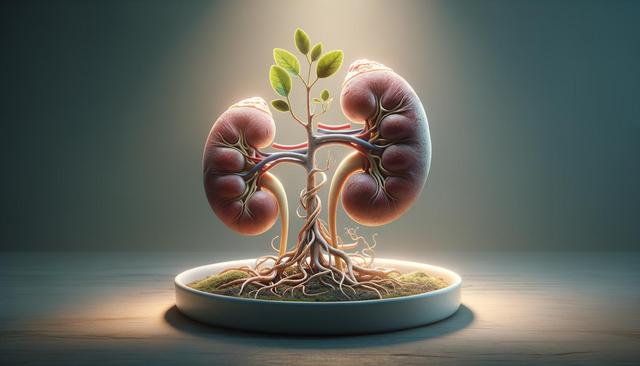Understanding Kidney Function and Its Importance
The kidneys play a vital role in maintaining overall health by filtering waste products, regulating blood pressure, balancing fluids, and producing essential hormones. When kidney function starts to decline, it can be gradual and symptomless at first, making early detection challenging. However, recognizing subtle changes in your body can be the key to identifying kidney disease in its early stages. Since the kidneys impact multiple systems in the body, early signs often seem unrelated, leading to delays in diagnosis. Awareness of these signs can prompt timely medical evaluation and potentially slow the progression of the disease.
Changes in Urination Patterns
One of the most noticeable early signs of kidney disease is a change in urination. Since the kidneys are responsible for producing urine, any impairment can alter how and when you urinate. Some common changes to watch for include:
- Increased frequency, especially at night
- Difficulty urinating or a sense of pressure
- Foamy or bubbly urine, indicating protein presence
- Dark-colored or blood-tinged urine
- Reduced urine output despite adequate fluid intake
These symptoms can easily be mistaken for urinary tract infections or dehydration, which is why it’s important to monitor persistent changes and consult a healthcare provider for proper testing.
Swelling and Fluid Retention
When kidneys are not functioning well, they may not effectively remove excess sodium and fluids from the body, leading to noticeable swelling or edema. This is often seen in areas such as:
- Feet and ankles
- Hands
- Face, especially around the eyes
Swelling may be more pronounced in the morning or after sitting or standing for long periods. While fluid retention can also be caused by heart or liver conditions, it’s worth ruling out kidney issues if the swelling is persistent or unexplained.
Fatigue and Cognitive Difficulties
Healthy kidneys produce a hormone called erythropoietin, which helps your body make red blood cells. When kidney function declines, this hormone level drops, potentially leading to anemia. Anemia can cause:
- Persistent fatigue or weakness
- Difficulty concentrating or mental fog
- Shortness of breath even with mild exertion
These symptoms often develop slowly and may be attributed to stress or aging. However, if they persist without a clear cause, it’s advisable to undergo blood and kidney function tests to determine the underlying issue.
Persistent Itching and Skin Changes
Another early yet often overlooked symptom of kidney disease is itchy or dry skin. This occurs because declining kidney function can lead to a buildup of waste in the blood, which can irritate the skin. In addition to itching, people may notice:
- Dry, flaky patches especially on the back or arms
- Changes in skin color, often becoming pale or grayish
- Increased bruising
While skin symptoms alone may not confirm kidney disease, they should not be ignored—especially if they occur alongside other physical changes like fatigue or swelling.
Loss of Appetite and Digestive Discomfort
As waste products build up in the blood due to impaired kidney function, they can affect the gastrointestinal system. Individuals may experience:
- Nausea, especially in the morning
- Metallic taste in the mouth
- Bad breath
- Loss of appetite or aversion to certain foods
- Unintentional weight loss
These symptoms can lead to nutritional deficiencies over time, further weakening the body. While occasional digestive issues are common, persistent or worsening symptoms should prompt further investigation into kidney health.


